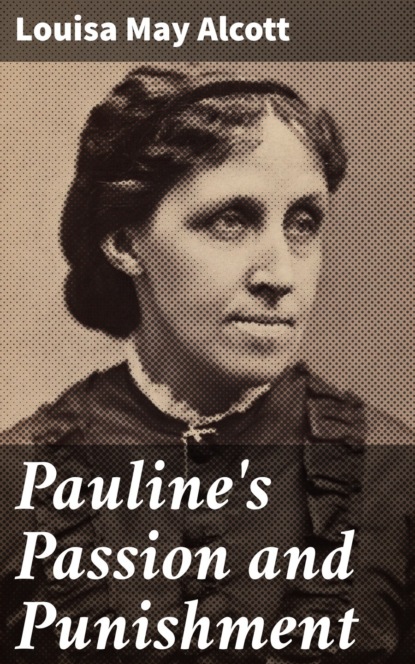Volume 60 pages
0+
Pauline's Passion and Punishment
About the book
In «Pauline's Passion and Punishment,» Louisa May Alcott explores the intricate dynamics of love, sacrifice, and societal expectations within the framework of a sentimental novel. Rich with emotional depth, the work reflects Alcott's signature literary style'Äîmarked by vivid characterizations and moral undertones. Set against the backdrop of the 19th-century American socio-cultural landscape, it serves as a poignant commentary on women's roles and the pursuit of personal autonomy amidst rigid expectations of propriety and duty. The narrative intricacies reveal the struggles of Pauline, who balances her own desires against the traditions that bind her, engaging readers with her emotional journey. Louisa May Alcott, best known for her beloved classic «Little Women,» brought a wealth of personal experience and cultural observation to her writings. Growing up in a progressive household that championed education and social reform, Alcott was acutely aware of the constraints placed on women. This awareness deeply informs «Pauline's Passion and Punishment,» allowing her to adeptly navigate themes of gender and morality, drawing from her own encounters with societal pressures and the quest for self-determination. Recommended for readers interested in feminist literature and the social issues of the 19th century, this novel resonates with themes still relevant today. Alcott's nuanced portrayal of female characters, alongside her skillful narrative techniques, makes this work an essential read for those seeking to understand the complexities of love, duty, and the struggle for emancipation within the confines of societal norms.
